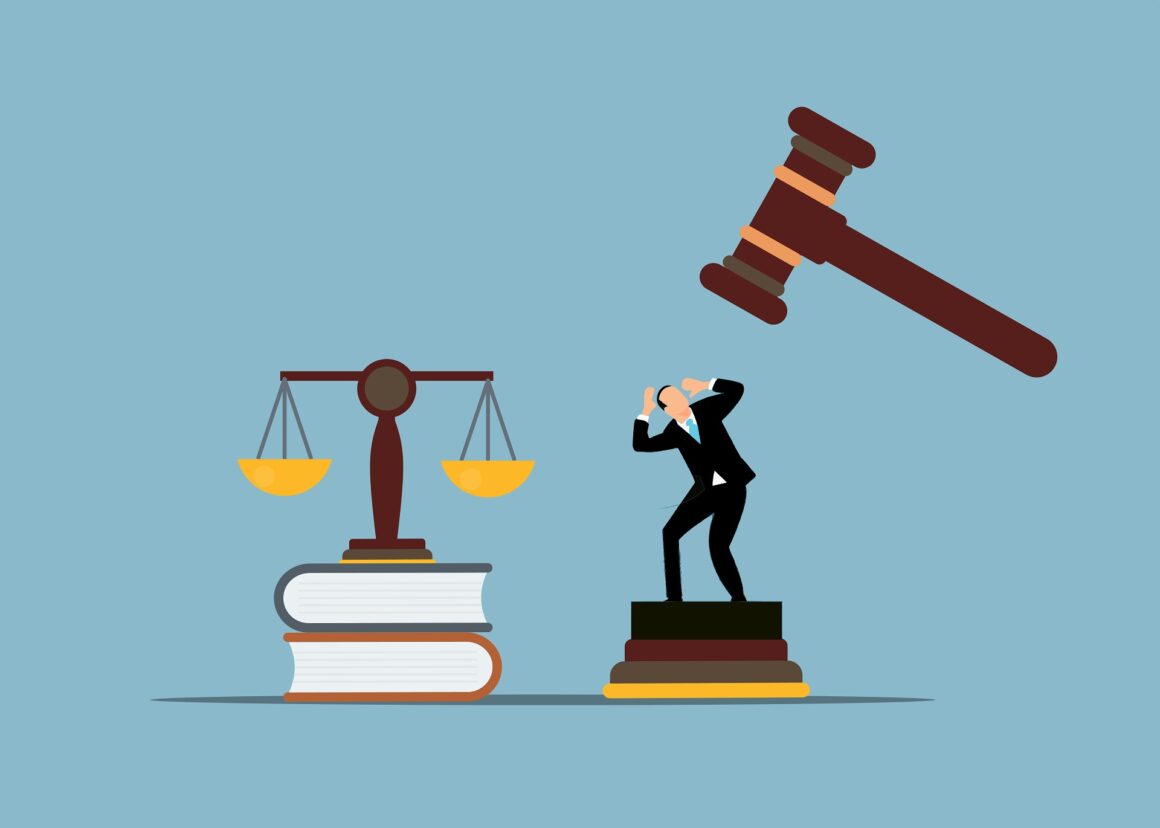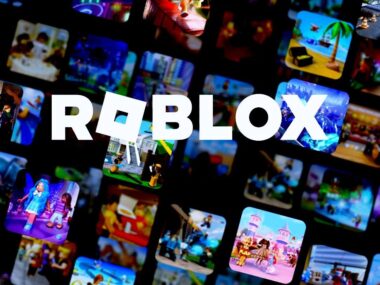The $1.5 Billion Lesson
Anthropic has agreed to pay $1.5 billion to settle a massive copyright class action from authors. About half a million books, allegedly scraped from piracy sites, were used to train its AI. Authors will see around $3,000 per book, making this the largest U.S. copyright settlement to date in the AI space.
The deal is a milestone, but it’s also a warning: compensation for past infringement does not equal permission for future use. Anthropic must delete the pirated datasets and can’t keep training its models with those books. Paying damages doesn’t grant them ownership, licensing rights, or an ongoing exception.
The Strange Cutoff Date
Here’s where things get complicated. The settlement only covers works used up to August 25, 2025. After that, Anthropic is legally barred from using pirated data. The judge drew a sharp legal line: everything before the date is settled, anything after is fair game for new lawsuits.
Deleting pirated data from an AI isn’t as simple as dragging files to the trash. It requires retraining, an expensive, months-long process that can cost tens of millions of dollars depending on the size of the model. Removing books changes the model’s internal patterns, so the company has to carefully unwind and re-train.
Which raises the uncomfortable question: what happens between the cutoff date and the moment when retraining is complete?
A Gap in Protection
The law says the books must be gone after August 25. The technology says they won’t be, not immediately. That means Anthropic is sitting in a gray zone: legally obligated to delete, but technically still in possession of the data. If they’re caught benefiting from it after the cutoff, authors could sue again.
It’s the kind of deadline that works neatly on paper but doesn’t align with reality. Judges can draw lines in time, but the physics of AI training don’t bend so easily.
This gap matters. Authors may think their work will be gone from Anthropic’s AI the moment the date passes. In practice, the deletion process could take weeks or months. The settlement resolves one chapter, but leaves no guarantee that the data is truly gone when the clock runs out.
An Expensive Lesson
Beyond the $1.5 billion payout, Anthropic faces additional costs for retraining. Training a competitive AI can run anywhere from tens of millions to over $100 million. Even removing a dataset and rebalancing the model carries a heavy price tag.
In hindsight, Anthropic would have saved money by simply buying or licensing the books in the first place. Paying $3,000 per pirated work, without the right to use them, was an avoidable, billion-dollar mistake.
The company is also facing lawsuits from Reddit and Universal Music, showing that books are just the beginning. The copyright battles over data will continue, and the costs are mounting.
Does Deletion Make the AI Dumber?
A fair question is whether removing these books will weaken Anthropic’s AI. The answer depends on what was taken. If the pirated works included unique or niche knowledge, the model may lose sharpness in certain areas. Anthropic has had time to build up new, legitimate data sources.
Ironically, deleting pirated works could improve the AI in the long run. Training on everything isn’t always the best strategy. More curated, high-quality data might create a leaner, sharper system. In that sense, the lawsuit could indirectly help Anthropic by forcing better practices.
The Bigger Issue
The real problem isn’t just Anthropic’s piracy. It’s the mismatch between law and technology. A settlement that draws a neat line in August 2025 doesn’t account for how long it takes to unwind illegal data from an AI. Without that alignment, we’re left with a strange gap: authors technically protected, but practically unprotected, for however long the retraining takes.
This settlement is a landmark, but it doesn’t feel final. Paying authors $1.5 billion and deleting pirated data sounds straightforward, yet the technology makes it anything but. Until laws catch up with how AI actually works, we’ll keep seeing these cracks where legal deadlines and technical realities don’t match. In those cracks, both authors and companies remain exposed.






